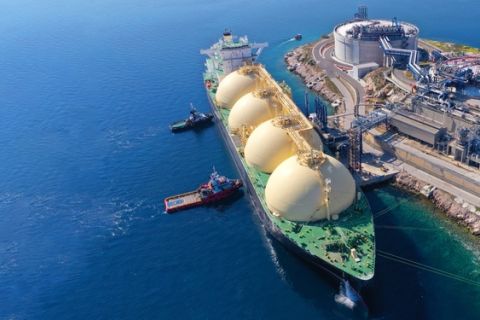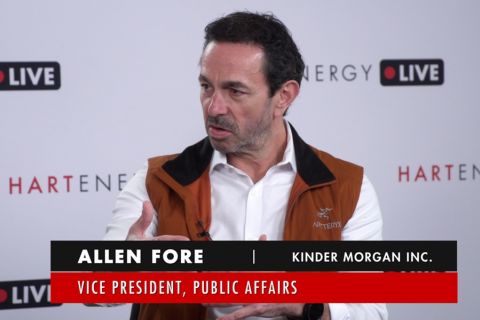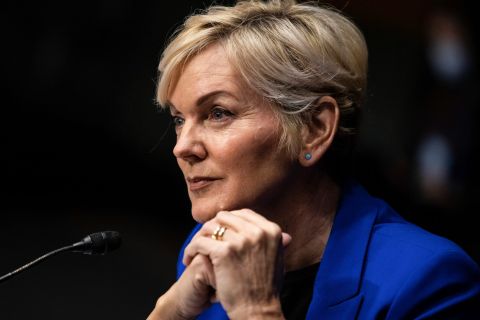Chevron, along with air separation company Air Liquide, solutions provider Keppel Infrastructure and PetroChina, formed a consortium to evaluate and advance large-scale carbon capture, utilization and sequestration (CCUS) development and infrastructure in Singapore, a press release announced on Sept. 21.
The companies signed a memorandum of understanding to research, test and develop CCUS technological, logistical and operational solutions in the country, supporting the decarbonization of large industrial emitters by providing CCUS-integrated infrastructure across the industry.
Through the partnership, the companies will build a centralized collection facility in which to store captured CO2 from those industrial emitters.
“Chevron believes the future of energy is lower carbon, and we are committed to advancing technologies and forming strategic relationships to make it happen," Chevron New Energies vice president of CCUS Chris Powers commented in the release. "We look forward to working with like-minded collaborators to progress and advance the development of large-scale CCUS solutions in the Asia Pacific region for decades to come.”
Once captured at the facility, the carbon can be integrated into products such as plastics, fuels and cements. Additionally, it can be transported to underground geologic sequestration sites via pipelines or ships.
Singapore is currently aiming to reach net-zero by 2050, and the leadership teams of the consortium companies believe that helping provide carbon capture resources will help make that goal a reality.
“There are various pathways to decarbonization, and CCUS has been identified as a strategic pathway to be thoroughly evaluated and developed," PetroChina International managing director Li Shaolin said. "Participating in this initiative is our commitment to ensure harmony between the development of the energy industry and the environment, as we endeavor to make meaningful contributions towards Singapore’s goal of achieving net zero."
Recommended Reading
US Finalizes Big Reforms to Federal Oil, Gas Drilling
2024-04-12 - Under the new policy, drilling is limited in wildlife and cultural areas and oil and gas companies will pay higher bonding rates to cover the cost of plugging abandoned oil and gas wells, among other higher rates and costs.
FERC Says 32 Bcf/d in US LNG Capacity Approved, Not Yet Built
2024-01-29 - The FERC—which has jurisdiction over the siting, construction and operation of LNG export facilities in the U.S.—reported that 18 projects worth 32 Bcf/d of export capacity have obtained approval but are yet to be built.
Kinder Morgan Exec: Building Pipelines ‘Challenging, but Manageable’
2024-04-05 - Allen Fore, vice president of public affairs for Kinder Morgan, said building anything, from a new road to an ice cream shop, can be tough but dealing with stakeholders up front can move projects along.
FERC Again Approves TC Energy Pipeline Expansion in Northwest US
2024-04-19 - The Federal Energy Regulatory Commission shot down opposition by environmental groups and states to stay TC Energy’s $75 million project.
CERAWeek: Energy Secretary Defends LNG Pause Amid Industry Outcry
2024-03-18 - U.S. Energy Secretary Jennifer Granholm said she expects the review of LNG exports to be in the “rearview mirror” by next year.




